It’s a situation that is common across the country, in every school district: students have fallen behind due to the disruptions in schooling over the past year. While parents are trying to figure out how to help their children cope with all of the changes that they’ve been faced with, school districts are coming up with various plans to tackle the learning loss that has occurred.
The Collaborative for Student Success conducted a nationwide survey of education professionals to explore how students will “catch up”. “The poll asked teachers, administrators, policymakers, and education advocates to analyze four return-to-the-classroom options: extending the next school year, beginning the next school year where instruction stopped this school year, beginning the next school year as in any other year, and offering students the opportunity to repeat their present grade.” There are pros and cons to each of these ideas, but they all have one common goal: help students get on track academically and minimize the learning loss.
What Can Parents Do?
While school districts grapple with ways to address these issues on a global scale, parents are struggling to find ways to support their children’s learning and help them stay on course. Education Week has published a guide to help identify students who have fallen behind, and suggested various interventions to help them. Schools establish the foundation with a common curriculum, and they build student engagement. When attendance starts falling, or a student is failing, there are a couple of things outside of school and the common curriculum that can help.
Acceleration Academies
These are small group sessions that take place during school vacation weeks, weekends, and summer. Schools can offer these types of programs to students who need help with math, literacy, or English-as-a-second-language. Small group sessions like this cost less than individualized tutoring, but the tradeoff is that students still don’t get much one-on-one instruction as there is one teacher for around 10 students. It’s worth looking into to find out if your school offers programs like this.
High Dosage Tutoring
This type of tutoring involves a skilled tutor (generally a teacher, paraprofessional, or paid volunteer) and consists of at least 50 hours over a semester. And these sessions are ideally 1 or 2 students. There’s a strong research base for the effectiveness of this type of intervention. It’s more expensive than other options, but the personalized attention is the best way to make substantial progress. Both schools and tutoring companies have the ability to offer programs like this.
A new study from the University of Chicago shows that individualized, intensive tutoring “can double or triple the amount of math high school students learn each year, increase student grades, and reduce math and non-math course failures.” Student learning gains persist, even a year or two after tutoring. They also found that learning gains were evident across multiple subjects, and these gains helped reduce achievement gaps from COVID-19.
Individualized Tutoring Makes the Biggest Impact
High-dosage tutoring may not be available in all school districts, but the same results are achievable privately by enrolling your child in individualized tutoring with a certified teacher. At TutorUp, all of our tutors are certified, experienced, background-checked classroom teachers who work one-on-one with students. And we have a subscription program that is ideal for semester-long tutoring support, at our lowest prices.
The evidence is in: personalized tutoring works. You can help your child end this current school year on a higher note, and be prepared for the next school year by enrolling them in one-on-one tutoring with a certified teacher who can help them achieve their academic goals.

